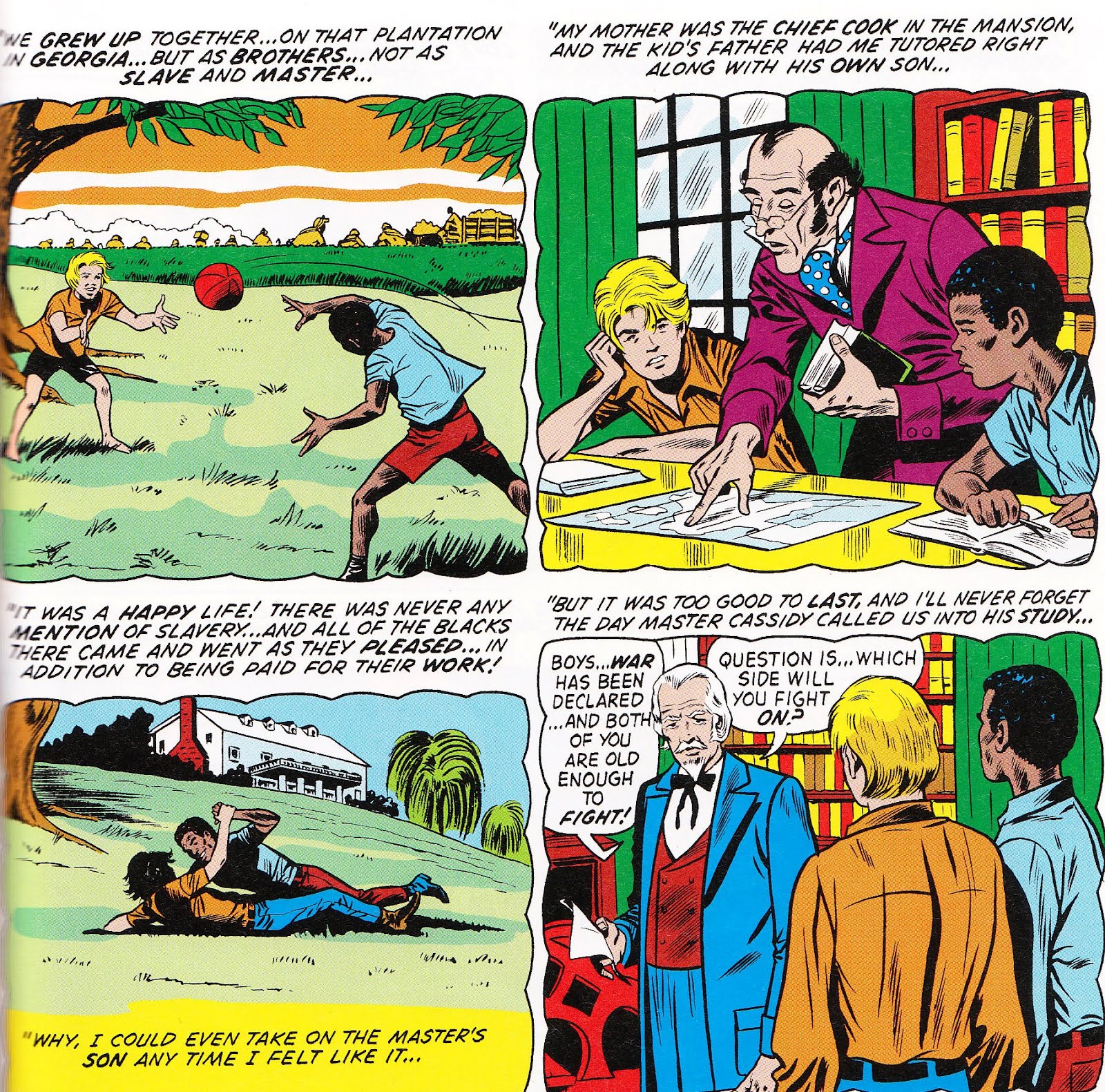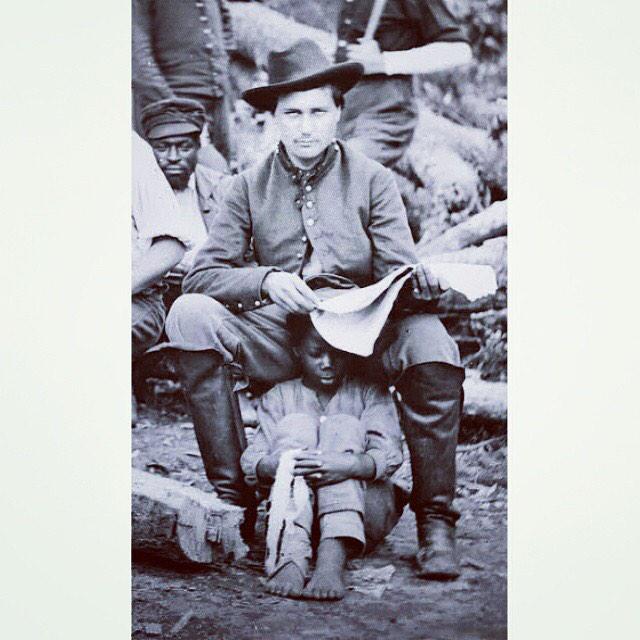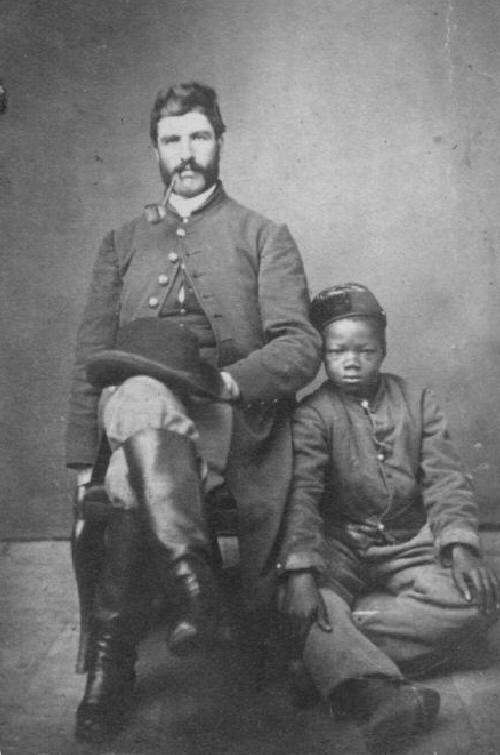White men (and women) are online and offline fighting HARD in comment sections, lectures, books, etc - to speak for enslaved Black men who were Confederate slaves.
Here are few comments out of probably hundreds of thousands on the web.
I’ve really been enjoying the “Black Confederate” count thread as it has brought to light some interesting personnel stories. It is those individual stories that make “Black Confederates” an interesting topic and are the type of stories that the big history books overlook as they deal with moving armies and important leaders. .
My opinion on why “Black Confederates” are interesting and why people feel the need to prove that they existed is because they were unique and do not fit the normal generalizations we make. The fact that a free Black man or a slave would risk his life to defend a government that was created mainly to protect slavery (my opinion) makes one curious about such an individual’s story. Such stories to me show the complexity of human relationships, life and man’s ability to overcome barriers. Take a few pages back the story of
Moses Dallas the boat pilot who was a slave in the deep south yet somehow (I’m sure with a lot of hardwork/smarts) became such a skilled boat pilot that men who were most likely (if not certainly) racist trusted him to pilot their ship into battle where he died alongside many of them.
That’s a man who overcame slavery and racism to become so skilled that he was respected and trusted by the very society that kept him oppressed… to me that’s an interesting story.
----
Some things to consider:
- not all black men in the south were enslaved, as your comment seems to imply.
The free black population in the south was actually larger than the free black population in the north, and some of those men were property owners (this was supposedly what some of the men from the 1st Louisiana told Benjamin Butler motivated them). They were subject to many of the same societal pressures as the white population in a time of war.
-
some slaves who picked up a gun could have done so for a variety of reasons: personal loyalty to the men around them, not wanting to be left out of a fight, getting caught up in the moment, etc. It wouldn't always be a big picture consideration.
- the situation during the war was not static. It might seem wise to side with your state when the war began, but the emancipation proclamation might make the risk of going north suddenly far more worth it than it had been at the start of the war.
-----
Thousands of slaves and free blacks did serve with honor in the Confederate Army. Indeed, twenty percent of the Confederate Navy was black as well.
There are hundreds of photographs taken of black Confederates taken with their white mess-mates at reunions held decades after the war. . .
-----
Does it seem strange to anyone else that in the far more racist, Jim Crow days of the early 1900s, that newspaper writers had no problem with recognizing former slaves as "Confederate Veterans", but in this supposedly more enlightened age, the very idea is often mocked and met with non-stop skepticism? I find that odd, to say the least.
I just find it interesting that in a more racist age in American history, people were willing to confer honor and the status of "veteran" on men they were well aware had been slaves during the war. And today all we can do is to call the black Confederate a "myth", say they were so few as to be meaningless, etc. Some today seem far more eager to "keep the slave in his place" than the very men that slave served.
And free black men are ignored entirely.
-----
You are trying to play semantics by using “soldiers” to falsely bolster your case trying to imply that “soldiers” are not the wagon teamers, ditch diggers, etc, etc. Do you also degrade out soldiers today that do “carry a gun?” Or do you continually ignore those who then did “see the elephant?” Do you degrade the US blacks on 1863-65 that only “dug ditches”? Or the fact the US didn’t allow blacks untill 1863 while the South did employ both slave and free blacks? It is common knowledge that there were black Confederates there (
http://www.37thtexas.org/html/BlkHist.html). I notice you do not address any of the Official record accounts or the testimony of Gen Forrest?? Compatriot Kelly “Black Confederates” documents very well many blacks Confederates. As does Compatriot Nelson Winbush when he speak of his grandfather who fought with Gen Forrest.










